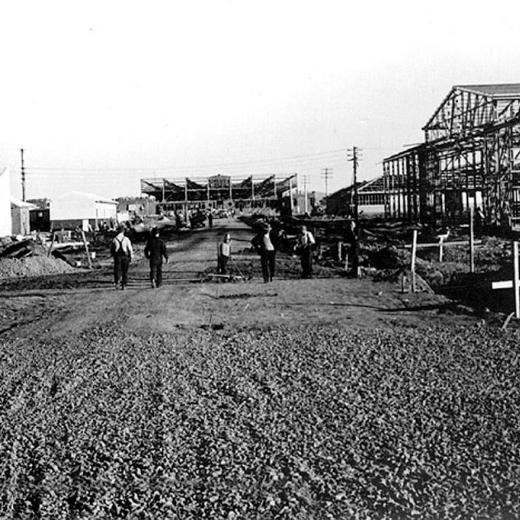BLUF
Many organisations regard their workers as a valuable asset—therefore, good leaders are vitally important to ensure that organisations retain their people.Summary
Organisations cannot retain highly engaged, high-performing employees without identifying and developing potential talent early in their careers.
Ethical leaders usually display the following six characteristics:
- Authenticity. Engaging workers and manage conflict with respect, dignity, and active listening.
- Value people. Leaders take care of people. Valuing people reduces suffering, anxiety, improves performance, and increases value, loyalty, and trust.
- Develop people. Provide learning and growth while developing their potential and career paths. Provide encouragement and affirmation. Offer people responsibility. It increases engagement and learning and holds them accountable.
- Provide leadership. Set goals and expectations. Their work needs to be fulfilling, have meaning and purpose, and match workers' abilities and needs.
- Share leadership. Share power and decision making. Empower others.
- Build community. Enhance relationships and relate well to others at all levels. Emphasise teamwork. Value differing strengths, expressions, ideas, personalities, and viewpoints.
References
- MAR 2021 Enterprise League 10 poor leadership qualities you should stay away from
- MAR 2021 University of Rochester 15 qualities that make a great leader
- MAY 2021 thebalancecareers Bad Management Behaviors
- JUN 2021 Richtopia 6 Key Attitudes and Behaviors of Successful Leaders
- JUL 2021 Vantage Circle 25 Leadership Qualities That Makes You A Good Leader
RAAF RUNWAY: RATIONALE, GUIDELINES, LEARNING OUTCOMES, ETC |





